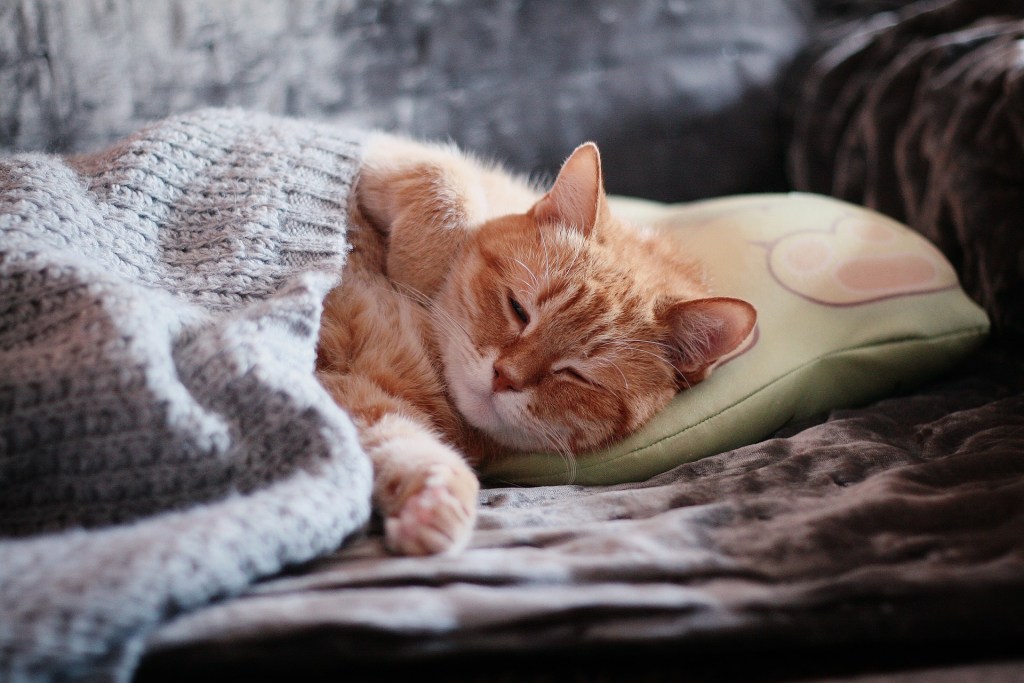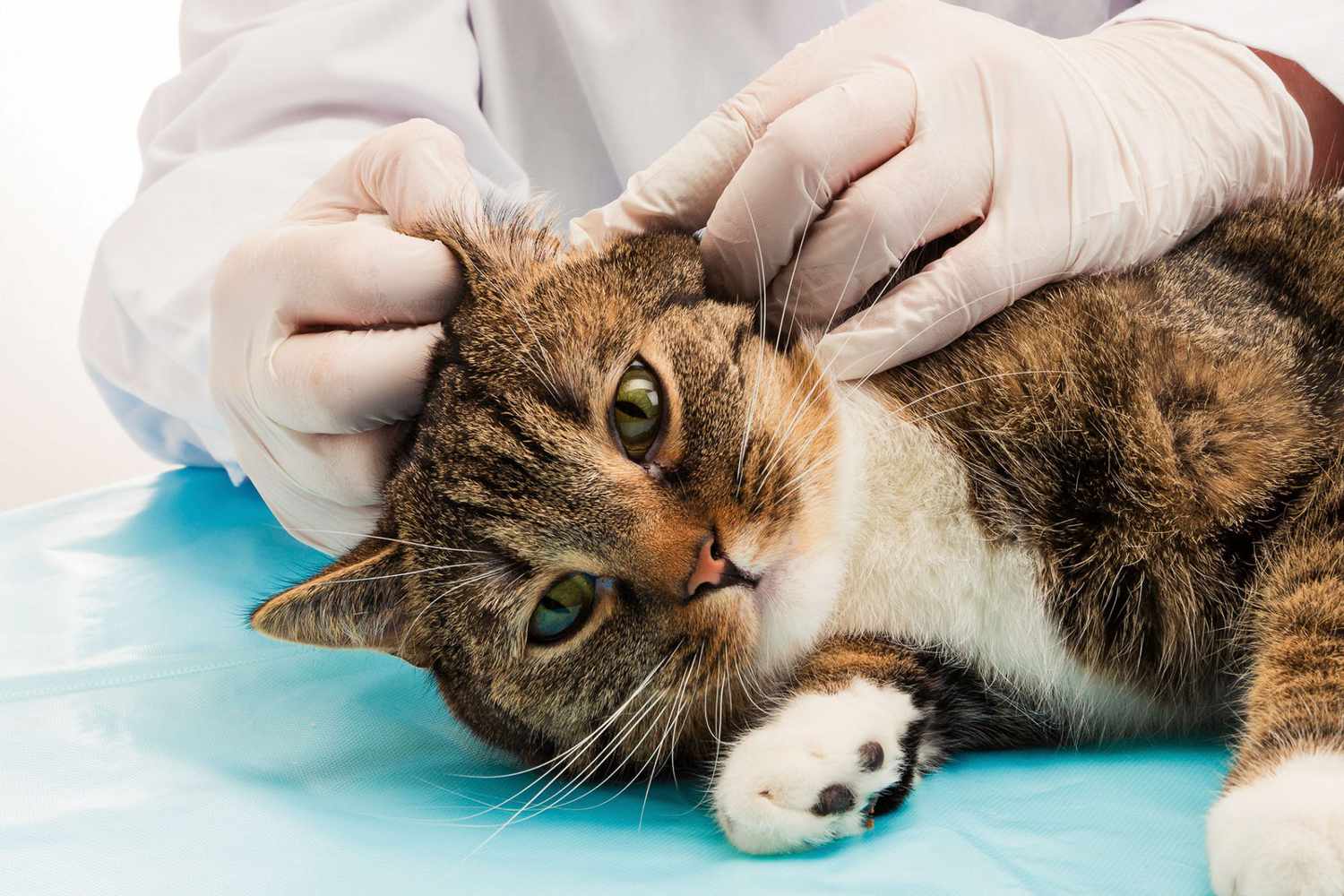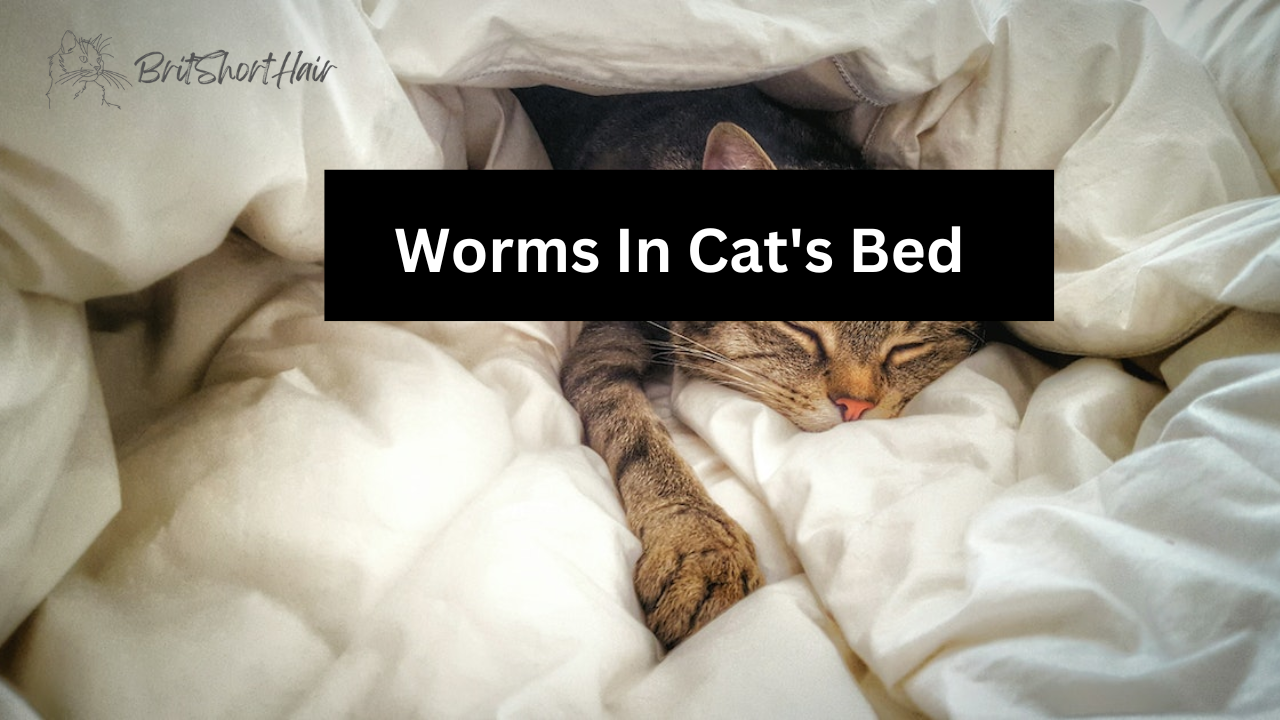Introduction
Cats are one of our most beloved pets. Their cheerful demeanor and lovable personalities form an unbreakable link with their human friends. With love comes immense responsibility. Providing a clean and comfortable bed for your cat is one such duty. Cat owners know that a comfy bed is essential. Unfortunately, worms in cat’s bed can be troublesome to them. These pests can harm your cat and you. We’ll discuss about the worms in cats’ beds their causes, and most importantly, how to prevent them. As we delve into this important topic, remember that these worms are dangerous to your cat. Thus, you, the responsible pet owner, must protect your pet.
Causes of Worms in Cat’s Bed
1. Bad Hygiene
Cat bedding worms have many causes. Lack of cleanliness might make the cat’s bed a worm farm. Cleaning the cat’s bed regularly prevents infestation. If the cat is inadequately groomed or has diarrhea, it may unknowingly spread worms to its bed.
2. Fleas with an infectious disease
Infected fleas also cause worms in cat bedding. If a cat eats a tapeworm-carrying flea, it can get tapeworms. Fleas spread hookworms, heartworms, roundworms, and more. Thus, responsible cat owners should be aware of infected fleas in their cat’s environment, as they pose a serious threat to their pet’s health.
3. Soil that is contaminated
Worms in cat beds can also be caused by soil that is contaminated in various ways. If the cat goes outside and walks on soil that is polluted, it has the potential to pick up worms on its paws, and then bring those worms inside with it.
Symptoms of Worms In Cat’s Bed
Cat beds and other forms of feline bedding are prime locations for the parasites that cause so many health problems for felines. Cats with worm infestations may exhibit a variety of symptoms, and it is crucial for owners to be able to recognize these signs so they may administer timely treatment.
- Cats with worm infestations may throw up regularly, especially after feeding. This may occur if the worms have irritated the digestive tract.
- Cats with a worm infestation may get diarrhea that is bloody or mucusy. GI discomfort and inflammation are common culprits in cases of diarrhea.
- Cats with worm infestations may experience weight loss despite their typical eating habits. The worms are to blame because they feast on the cat’s essential nutrients, making it difficult for the feline to keep its weight up.
- An infected cat may become lethargic and less energetic than normal due to the parasites. The cat’s body may be expending energy in an attempt to combat the worm infection, which could explain this symptom.
- Hair loss and a lackluster coat are only two of the symptoms of the poor coat condition that can be brought on by worms in cats. It’s possible that the cat’s body is diverting resources from keeping a healthy coat to combating the worm infection.
- Occasionally, cats can be seen to expel worms that are visible to the naked eye in their feces or vomit. Depending on the species, these worms are either long and skinny or short and stubby.
- Cats with tapeworms may scratch excessively because the tapeworm segments in their feces irritate the skin near the anus and the base of the tail.

Types Of Worms In Cat’s Bed
1. Roundworms
The roundworm must be examined first. These squirming strands of spaghetti-like critters can grow to several inches and like to live in cats’ small bowels. They also cause nausea, gastrointestinal pain, and weight loss, among other negative effects. Infected cats can spread roundworms to their kittens via feces, food, or breast milk.
2. Hookworms
Hookworms, tiny bloodsuckers that feed on the cat’s blood, are next. Anaemia, diarrhea, and weight loss can ensue. Kittens can catch hookworms from their moms or from contaminated feces or prey.
3. Heartworms
Still more! Heartworms live in feline hosts’ pulmonary arteries and hearts. Coughing, trouble breathing, and weight loss are symptoms of this parasite, which is spread by mosquitoes. A plague on felines.
4. Tapeworms
Tapeworms can damage your cat’s health in the complicated world of feline health. These segmented flatworms can develop to many inches in length and live in your cat’s small intestine, causing a variety of unpleasant side effects. Tapeworms can make your cat’s life miserable, from the dreadful itch around the anus or base of the tail to occasional diarrhea or vomiting.
How do these sneaky parasites get into your cat’s system? The solution is in their transmission. Tapeworms can enter your cat’s system by eating infected fleas or prey. Yes, if your cat likes to eat fleas or tiny rodents, it may be unknowingly ingesting tapeworms.
Prevent Worms In Your Cat’s Bed
- Worm prevention starts with a clean cat bed. Notably, dirty bedding can breed worms in the bedroom.
- To prevent this, experts recommend washing your cat’s bedding regularly in hot water to kill any eggs or larvae. Using a pet-safe detergent when washing is crucial.
- Fleas also spread worms in cats. Protecting your cat against fleas is crucial to preventing an infestation. Avoid fleas in your cat’s bedding by using flea preventative.
- It’s not enough to prevent an infestation. Cats should be dewormed routinely. Deworming stops worms from multiplying. Depending on your cat’s health and age, your vet can recommend deworming frequency.

Conclusion
To conclude. Worms on a cat’s bed are small but dangerous. Thus, good cleanliness, flea control, and cat deworming avoid worms in their bedding. Clean and hygienic homes prevent worms in cats’ beds. Avoid fleas because they spread worms. Regular cat deworming can also avoid these worms. Cat worm illnesses require vigilance. We can keep our dogs healthy and happy by spotting the signs and acting swiftly. So let’s maintain our cat’s bedding worm-free!
hey we have a lot of information on cats you can check out by clicking Bristhorthair.com
wants to follow us on social media
Is it possible for people to contract worms from cats?
Cats can carry a wide variety of parasites, and roundworms, which can be passed to people by feces or dirt, are among the most dangerous.
How lethal are worms for cats?
When untreated, worm infections in cats can be lethal. If you think your cat has worms, it’s essential that you take it to the vet immediately.

